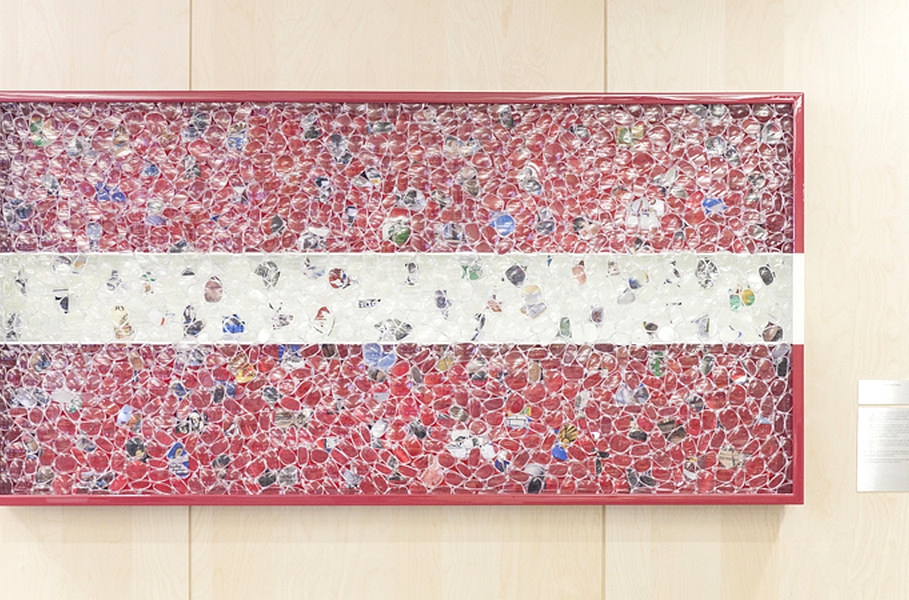Titled The Possibility of Societal Destabilization in Latvia: Potential National Security Threats, the report by the National Defence Academy of Latvia's Center for Security and Strategic Research probes the popular assumption - in certain parts of foreign media in particular - that Latvia's Russian and Latvian populations are deeply divided and that a hybrid-war type operation to set ethnic Russians against the Latvian state is only a matter of time.
Using a mixture of selected face-to-face interviews and larger-scale surveys the research was undertaken "primarily in the context of a hybrid war, with the goal of finding out what the potential was for the application of non-military means in Latvia to achieve goals which are hostile to the state," the report says.
However, the results are more subtle than the popular narrative of local Russians blindly cheering the Kremlin on.
While results did show significant differences between Latvian- and Russian-speaking populations on issues such as the Ukraine crisis "it would be incorrect to assume that these are two monolithic groups with opposite viewpoints," the report says.
In fact social exclusion and poverty emerge as key factors within all ethnic groups with low levels of trust in government and particularly parliament quite striking.
As a result it is issues such as poverty and unemployment that might actually be exploited by hybrid means more effectively than a crude play on ethnic divisions, the report suggests:
"Significant vulnerability in security can develop if war is implemented by non-military means as a consequence of society’s dissatisfaction with the state’s social and economic development."
"The results of the research confirmed that Latvian society really is polarized on ethnic and citizenship issues, as well as on issues which touch on the relationship between the state and society. However, one of the main conclusions from the research was that differences in political views do not create a foundation for broad social destabilization movements, due to the characteristic political passivity within Latvian society, as well as the negative example from the conflict in Ukraine," the report says.
The full report, which is well worth reading, can be found HERE.



























